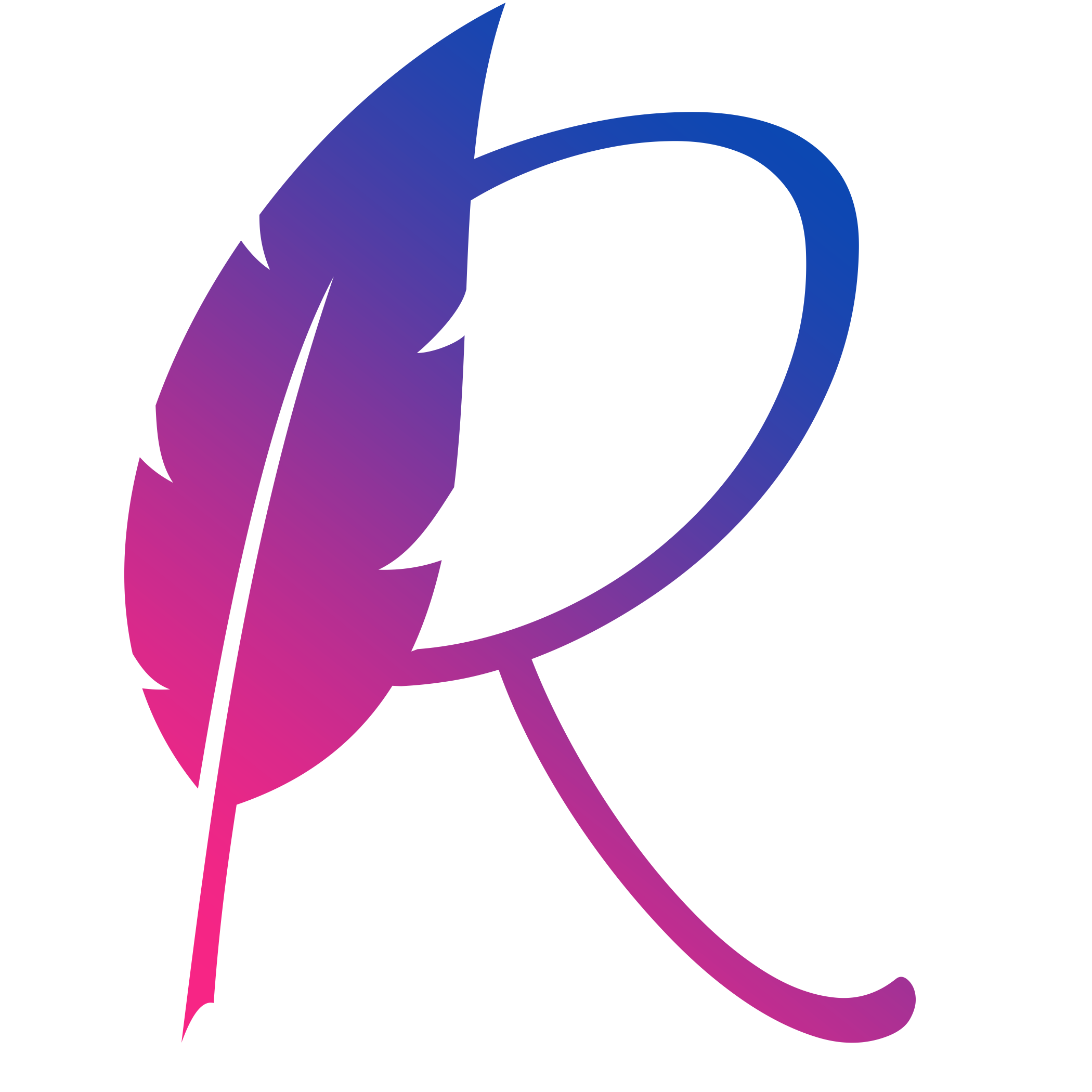Introduction
Whether you’re applying for a technical role, a managerial position, or any job that requires a high level of critical thinking, demonstrating your problem-solving skills during an interview can set you apart from the competition. Employers often prioritize problem-solving abilities because they indicate your capacity to handle challenges, make decisions, and add value to an organization. This article will guide you through effective strategies to showcase your problem-solving skills during an interview and increase your chances of securing the job.
Ace Your Next Interview: How to Demonstrate Your Problem-Solving Skills
Problem-solving is an essential skill that every employer values. It demonstrates your ability to think critically, make sound decisions under pressure, and approach challenges creatively. By showcasing these abilities effectively during an interview, you can prove that you’re not just qualified for the role but are capable of driving success within the organization. Here’s how to ace your next interview by demonstrating your problem-solving skills.
Why Problem-Solving Skills Matter in Interviews
The Value of Problem-Solving in the Workplace
Problem-solving skills are critical in almost every industry. From tackling complex customer issues to improving business processes, problem-solving affects an organization’s ability to adapt and grow. Employers want to know that you can think on your feet and approach challenges with innovative solutions.
During an interview, you’ll likely face questions that assess your problem-solving abilities. Being able to clearly explain how you’ve solved problems in the past will provide valuable insights into your thinking process and ability to contribute to the company’s success.
Problem-solving is not limited to resolving technical issues or project setbacks. It also involves navigating interpersonal dynamics, finding ways to improve operational efficiencies, and making informed decisions that drive progress. Employers will be eager to understand how you can apply your skills to real-world challenges in their organization.
Examples of Problem-Solving Scenarios Employers Look For
Employers often look for candidates who can approach problems from multiple angles and generate effective solutions. These are some typical problem-solving scenarios that employers may present:
- Resolving a conflict within a team
- Handling an unexpected project delay
- Managing competing priorities
- Overcoming a technical issue under time constraints
By preparing for these scenarios, you can confidently address any challenges that come your way in an interview. Let’s dive deeper into a few examples:
Resolving Team Conflicts: You may be asked how you handle disagreements among team members. A solid response would demonstrate your ability to facilitate discussions, ensure all voices are heard, and guide the team towards a resolution that aligns with company goals.
Handling Project Delays: In today’s fast-paced work environments, project delays are common. Employers want to know that you can identify the root cause of delays, adjust timelines, and communicate effectively with stakeholders.
Managing Competing Priorities: Many candidates struggle with time management. If you’re asked about this, a good response would highlight how you evaluate tasks based on urgency and impact, ensuring that important deadlines are met without sacrificing quality.
By reflecting on similar experiences, you can be ready to answer these questions confidently and show employers how your problem-solving skills can be an asset to their team.
How to Prepare to Demonstrate Problem-Solving Skills
Reflect on Past Experiences
One of the best ways to prepare for problem-solving interview questions is to reflect on past experiences. Consider situations where you successfully navigated challenges in your professional, academic, or personal life. Think about:
- What the problem was
- How you identified the key issues
- The steps you took to resolve it
- The outcome of your solution
For example, perhaps you identified an inefficiency in a reporting system at your last job and proposed a new process that reduced reporting time by 30%. Not only did you identify a problem, but you also implemented a solution that had measurable results.
Having concrete examples ready allows you to provide detailed, structured answers to problem-solving questions. This will show that you have real-world experience and that you can bring tangible results to the company.
Use the STAR Technique to Structure Your Answers
When answering problem-solving questions, using the STAR technique can help you organize your thoughts and present a coherent answer. STAR stands for:
Situation: Briefly describe the context or challenge you faced.
Task: Explain the task you needed to accomplish or the problem you needed to solve.
Action: Outline the steps you took to resolve the issue.
Result: Highlight the positive outcome of your actions.
Using this structure helps keep your answers clear and focused while demonstrating your critical thinking and problem-solving process.
Example of a STAR Answer:
Situation: “In my previous role, I noticed our team’s project timelines were often delayed due to poor communication.”
Task: “I needed to find a way to improve communication and ensure timely delivery of projects.”
Action: “I suggested implementing weekly check-ins and setting up a shared project management tool to streamline communication.”
Result: “As a result, our team improved project delivery by 25% and enhanced collaboration.”
This clear structure not only demonstrates your problem-solving ability but also shows your initiative and proactive approach to addressing workplace challenges.
Demonstrating Problem-Solving in Different Types of Interviews
Technical Interviews
In technical roles, demonstrating problem-solving skills is often the focus of the interview. Employers may present you with a real-world problem or give you a technical test. Here’s how to approach technical problem-solving interviews:
Think Aloud: Even if you don’t have an immediate solution, explaining your thought process shows the interviewer that you can approach complex problems logically and systematically.
Break Down the Problem: If the problem seems overwhelming, break it into smaller, manageable parts. This demonstrates your ability to tackle problems in a structured manner.
Use Examples: If appropriate, refer to similar problems you’ve solved in the past to illustrate your experience. For example, if asked about debugging an issue, you could mention how you handled a similar problem in a previous project, what steps you took, and how you resolved it.
Behavioral Interviews
Behavioral interviews focus on how you’ve handled specific situations in the past. Employers will ask you to describe challenges you’ve overcome. Here, it’s important to provide detailed examples of your problem-solving abilities, using the STAR method to structure your responses.
Employers want to know that you can handle unexpected situations, whether it’s dealing with a difficult customer or navigating an unexpected project roadblock. By preparing examples in advance, you can demonstrate your flexibility and your ability to think critically under pressure.
Case Study Interviews
In case study interviews, you will be given a business problem and asked to propose a solution. During these interviews:
Clarify the Problem: Before diving into a solution, ask questions to clarify the problem. Understanding the context is crucial to solving the case correctly.
Show Analytical Thinking: Break down the problem, analyze the data, and explain your approach step by step.
Offer Multiple Solutions: If appropriate, present multiple potential solutions and justify why you would choose a particular one. Case studies assess how you approach problem-solving, so it’s important to show both creativity and a rational decision-making process.
Common Problem-Solving Interview Questions and How to Answer Them
“Can you describe a time when you faced a significant challenge at work and how you overcame it?”
This is a classic problem-solving question that requires you to share a specific example. Use the STAR method to structure your answer, focusing on the challenge, the actions you took, and the successful outcome.
“Tell me about a time you had to work under pressure to solve a problem. How did you handle it?”
This question is designed to test how you perform under pressure. Choose an example where you remained calm, prioritized tasks, and successfully addressed the problem, despite the pressure.
“Describe a time when you identified a problem that others hadn’t noticed. How did you bring it to light and resolve it?”
For this question, focus on a time when your problem-solving skills helped identify and address a hidden issue. Show that you’re proactive and capable of spotting potential problems before they escalate.
How Requstory Can Help You Improve Your Problem-Solving Skills
Requstory, an AI-powered platform for creating user stories and process maps, can help you sharpen your problem-solving skills by enabling you to map out challenges and solutions in a structured manner. Using Requstory, you can break down complex problems into manageable parts and generate solutions using process maps. Whether you’re preparing for an interview or tackling a real-world problem, Requstory helps you visualize workflows, identify bottlenecks, and create detailed action plans.
By practicing your problem-solving in Requstory, you can ensure that you’re ready to tackle any challenge that comes your way, both in the interview and on the job.
Key Features of Requstory:
User Story Creation: Organize your problem-solving process by writing detailed user stories that highlight challenges and their corresponding solutions.
Process Mapping: Visualize complex workflows and break down problems into manageable components, making it easier to spot potential issues.
Prototyping: Create interactive prototypes to simulate your solution before implementation. This feature allows you to test ideas, gather feedback, and ensure your solutions are feasible before putting them into action. It’s an excellent tool to visually demonstrate problem-solving approaches during the interview.
Collaboration: Work with teams in real time to refine and improve your solutions, simulating collaborative problem-solving scenarios often encountered in interviews.
Certification: Requstory offers certification for completing user story creation and process mapping tasks. Show potential employers that you are proficient in problem-solving, process optimization, and prototyping, boosting your credibility and adding value to your skillset. This certification can be displayed on your resume or LinkedIn profile as proof of your problem-solving expertise.
Start using Requstory today and enhance your problem-solving skills for both interviews and your professional career.
FAQs About Demonstrating Problem-Solving Skills in Interviews
How can I prepare for problem-solving questions in an interview?
The best way to prepare for problem-solving questions is to review past experiences and identify times when you solved significant challenges. Practice framing your answers using the STAR technique and be ready to explain your thought process clearly.
What should I do if I don’t know the answer to a problem-solving question?
If you don’t know the answer immediately, don’t panic. Think aloud and explain your thought process. Employers appreciate candidates who can remain calm and logically approach complex problems. You can also ask for clarification or additional information if necessary.
Can I use examples from personal life to demonstrate problem-solving skills?
Yes! If you don’t have a professional example, you can use personal experiences where you solved a problem. Just ensure that the example showcases the same critical thinking and problem-solving abilities you would use in a work environment.
Conclusion
Demonstrating your problem-solving skills in an interview is crucial to standing out as a strong candidate. By preparing thoughtful examples, using techniques like STAR, and practicing your responses, you can confidently showcase your ability to tackle challenges. Tools like Requstory can help you refine your problem-solving process, making it easier to structure your thoughts and find effective solutions.
Ready to improve your problem-solving skills? Try Requstory today and start mapping out solutions that work!

